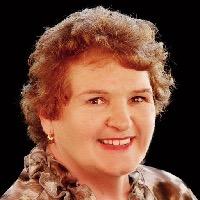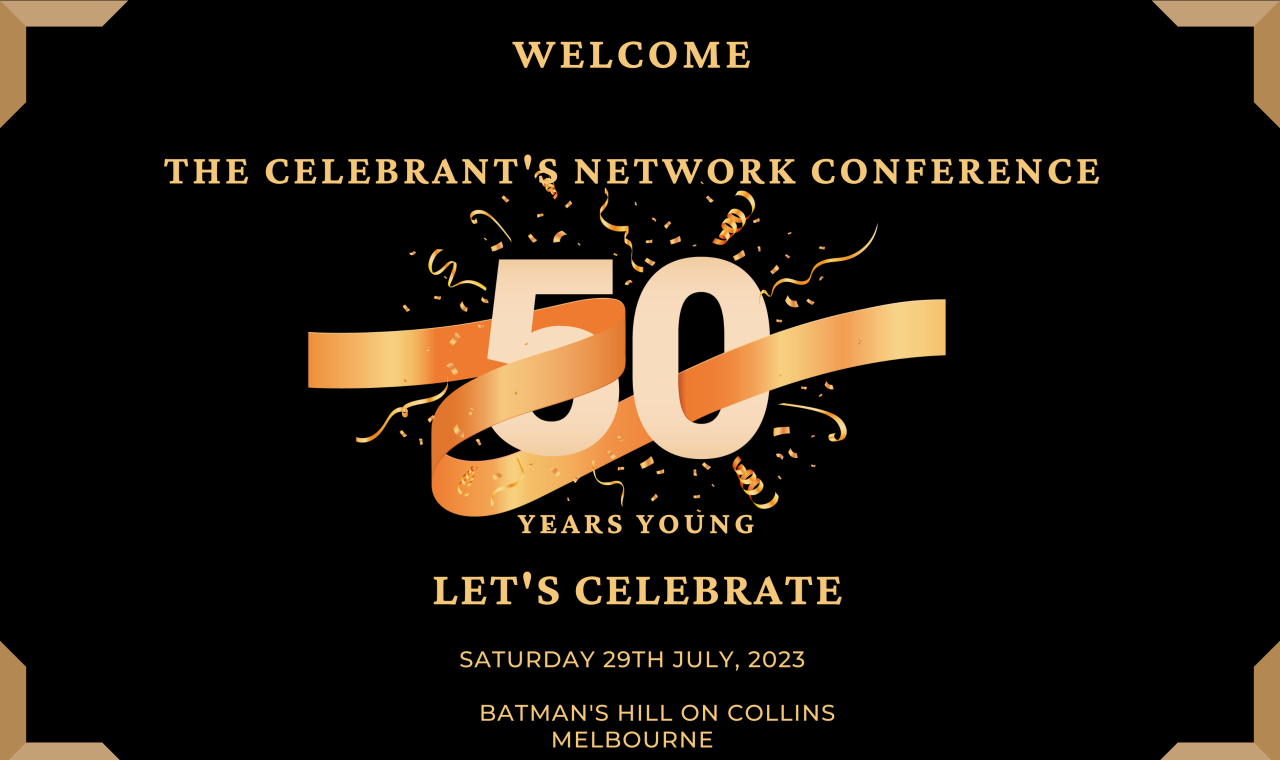
Community Services Training Package
D 0.1 CHCCEL504 Conduct and review non- legal ceremonies
CHCCEL
504
Conduct and review non
-
legal ceremonies
ASSESSMENT REQUIREMENTS
The assessment requirements provide advice on assessment and must be read in
conjunction with the
specific detail of this unit of competency and related
assessment information for this Training Package.
Performance evidence:
The candidate must show evidence of the ability to
complete tasks, manage tasks and manage
contingencies in the context of t
he job role:
•
Facilitate
,
lead
and conduct
the orderly
progression of
at least six
ceremonies
(engagement or celebration of marriage; a baby
naming or blessing; birthday; wedding or other
anniversary; graduation and one other) for
groups
of varying
size (one each of (5 to 10)
people, 10
–
20 people and (over 20) people,
a
s
agreed with clients
including:
o
Using appropriate presentation style,
ceremonial elements,
resources and aids
to enhance the various components of the
ceremony
in line with needs o
f client and
purpose of ceremony
o
Using appropriate public speaking
and
presentation skills and
techniques, verbal
and non
-
verbal communication, ensuring
there is a
clear delivery for all stages of
the ceremony
o
Interact
ing
effectively with
clients,
participants and the audience
participants
to engage them in the ceremony as
agreed with clien
ts
o
L
iais
ing
with other service providers
where relevant at the ceremony
•
Seek client feedback on ceremonies performed
and identify factors that contributed (or may
have) to the issues, both positive and negative,
raised in the feedback
•
Document celebrant appraisal of their
performance before, during and after the
ceremony, identifying positive aspects and areas
for improvement
•
Evaluate the issues raised and identi
fy strategies to
maintain and enhance the positive aspects of the
delivery of the ceremony and reduce or
eliminated the negative aspects identified,
including the role of the client/s, participants and
Community Services Training Package
CHCCEL504 Conduct and review non
-
legal ceremonies
ASSESSMENT REQUIREMENTS
The assessment requirements provide advice on assessment and must be read in
conjunction with the
specific detail of this unit of competency and related
assessment information for this Training Package.
audience and well as one’s own role and
performance
•
P
repare a plan to implement strategies to continue
to improve the provision of one’s celebrancy
practice (
i.e.
ceremonial and other)
Knowledge evidence:
The candidate must demonstrate knowledge of:
•
Ritual and ceremony including:
o
History of religious
and secular ceremonies
o
Function and importance (ceremony/group
support) and
storytelling
in times of change,
and in particular human life stages from birth
to death
o
Structure and purpose of ceremony
components
o
The public role, legal importance and
benefit
s of different kinds of ceremony to
society
o
The role of art and craft in the delivery
•
Broad understanding of the role of the celebrant in
Australian culture in 21st
Century
•
Recognition of a range of ritual and ceremonial
expression across different cultures
•
Broad knowledge of stages of human development
and psychology of change
•
Components of Ceremony Delivery Pre
-
during
and post, including
:
o
the warm
-
up (and group bonding),
welcome,
introduction (including statement of
purpose)
o
story telling, reflection, heightening the
“gap/ transition”, life coaching/ inspiration,
the speaking one’s truth, the promises
o
the capturing of memories, preparation for
the next stage
o
g
roup affirma
tion and support
o
conclusion, after
-
ceremony refreshments
•
The importance of the following in relation to
celebrancy:
2
Community Services Training Package
D 0.1 CHCCEL504 Conduct and review non
-
legal ceremonies
ASSESSMENT REQUIREMENTS
The assessment requirements provide advice on assessment and must be read in
conjunction with the
specific detail of this unit of competency and related
assessment information for this Training Package.
o
client
-
centred focus
o
ethical and moral issues
o
distinctions between religious and civil
ceremony content
(i.e. Church
vs.
State issues)
• Basic aspects of ceremony delivery
o
position and elements (such as seating and
props) of the ceremony space and its relation to
all present;
o
the position of celebrant;
o
the use of non
-
verbal body language and verbal
skills to engage all present, convey m
eaning,
create atmosphere, add texture and variety to the
ceremony;
o
providing clear directions and leadership of the
ceremony throughout all its various stages
o
using sound equipment when necessary to all
present can hear and see what is happening
o
ensur
ing the ceremony has an appropriate
introduction and closure.
•
Code of Practice including:
o
Conflict of interest issues in a celebrancy role
•
Legal and practical information, such as:
o
awareness
of Commonwealth
, state and territory
discrimination laws
o
detailed
knowledge of responsibilities in
accepting a statutory declaration (
Statutory
Declarations Act 1959
)
o
Copyright Act (1968)
especially applicability of
the use of material in ceremonies
o
understanding
that celebrants have an obligation
to protect pri
vacy and maintain confidentiality
(
Privacy Act 1988
)
o
understanding
of obligations relevant to
operating as a celebrant within the Trade
Practices Act (
Trade Practices Act 1974
)
o
Current knowledge of WHS issues and
management of potential emergency situations as
they apply to the celebrancy work role and range
of work environments, including:
-
legal requirements relating to WHS
-
basic hazard identification procedures such
as venu
e/environmental inspections and
review of associated safety information and
Community Services Training Package
CHCCEL504 Conduct and review non
-
legal ceremonies
ASSESSMENT REQUIREMENTS
The assessment requirements provide advice on assessment and must be read in
conjunction with the
specific detail of this unit of competency and related
assessment information for this Training Package.
procedures
-
principles of basic risk assessment
-
hierarchy of control and its application in
risk management
-
processes for raising WHS issues, reporting
hazards, incidents and
injuries and WHS
issue resolution
-
potential emergency situations, alarms and
signals and appropriate response
Assessment conditions:
Environment
Skills must be demonstrated:
•
In the workplace
or
•
In simulated environments created for the purpose
of skills assessment that represent locations
typically used for the conduct of ceremonies and
provide all the resources listed below.
Resources
Assessment must ensure use of:
o
Code of practice
o
Relevant
legislation
o
Presentation resources
o
Ceremony documentation/ plan
People
Assessment must involve:
o
diverse range of clients in a range of situations
o
people to act as ceremony participants and
groups of people to act as audience.
Assessor Requirements
? 











